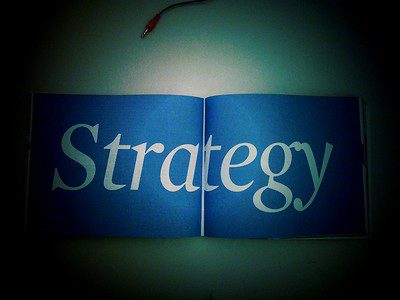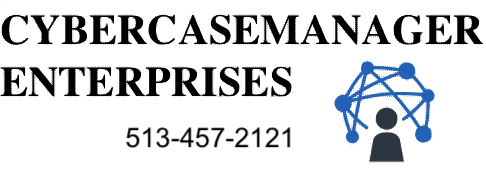An evaluation of a KM strategy – example from Oxfam
It’s not often you see a public review of a KM Strategy – here is a good example.
 |
| Image by Stefan Erschwendner, on Flickr |
I blogged yesterday about Oxfam’s KM strategy. Oxfam referred to knowledge and to knowledge management several times in their 2013 to 2019 strategic plan, which allowed me to recreate the KM strategy map for the organisation displayed in yesterday’s post.
More recently Oxfam have published an evaluation of how well that strategy has performed, including an entire section devoted to knowledge and learning. This is excellent practice, and provides an example of how such evaluations may be conducted.
I am not going to reproduce that evaluation here – there are pages and pages of it – but want to identify a few points.
Firstly, I like the Vision they present:
Oxfam expressed its ambition of becoming a knowledge-based organization in this way: “A modern organization is about knowledge and how we accumulate it and how we share it amongst each other and the world.” (Oxfam, 2015: 4. Internal) This ambition comes with the demand that knowledge and learning be used internally to implement better quality and more impactful programs (and more), and externally to better position Oxfam to influence change.
Oxfam’s investment in knowledge has been clear, including regional “learning labs”, increased research effort, new KM-focused processes and technology, 5 “global knowledge hubs”, and a number of thematic networks (communities of practice). Examples are cited of where these investments have added significant value, while recognising that there are still opportunities for improvement, especially in “closing the learning loops” (they say “A knowledge and learning approach to unlocking this beneficial cycle would mean that we insist on the use and re-use of knowledge“), and also in ensuring that knowledge spreads laterally through the organisation, and out to stakeholders and others.
I very much like the following statements:
Focusing on its people is the best step that Oxfam can take to strengthen its efforts to become a knowledge-based organization. All Oxfamers hold knowledge and the ability to learn and help others learn… Our task is to let them know that every time they tweak a process they are engaged in because last time it did not work so well, or help someone else fix a process that is not efficient, or capture what they have done and send it to a colleague, they are using knowledge and learning. It is the responsibility–and more importantly,the right–of all Oxfam colleagues and our partners to develop and use strong and consistent reflection and learning practices in support of individual and organizational goals. This is true “knowledge citizenship.”
Also
If knowledge and learning processes and practice are not immediately related to what people do, applied to their daily goals, jobs, tasks and approaches, it will continue to be an add-on that is not fit-for-purpose. We must first understand and internalize that functioning as a knowledge-based organization is not a task, an initiative, or a formal network or hub we set up but a way of being: a way of thinking, a way of communicating, and a way of working. Then, we must communicate that we value what people learn through their work and how they help others to problem-solve. Finally, we must reward efforts to reflect on both success and failure, to explicitly build on that in future efforts, to question why we do something the way we do it, and to try the same thing differently.
All of this is very good KM practice.
Treating KM as a strategic enabler, putting investments in place to improve KM, and then reviewing both the strategy and its KM components, are things that every organisation can copy. If Oxfam learns from the review quoted here, and puts in place activities to further improve knowledge and learning, then even greater things are possible in the future, and their KM afforts will deliver more and more value for Oxfam, their donors and partners, and their beneficiaries.
These behaviours of review are also prompted by ISO 30401:2018, which requires that a knowledge management system be regularly audited, that corrective actions are taken, and that the system is continually improved.
See if you can do something similar in your own KM program.
Tags: Archive, case study, strategy

Leave a Reply